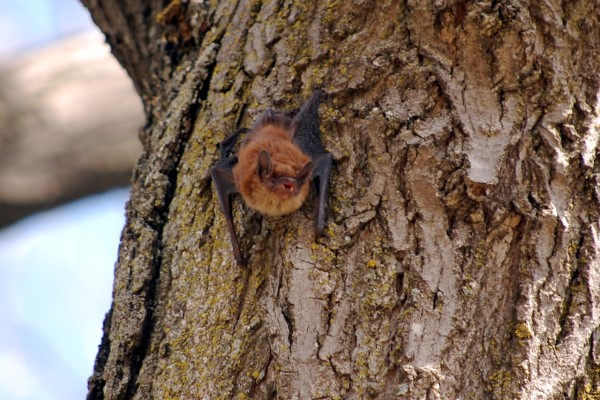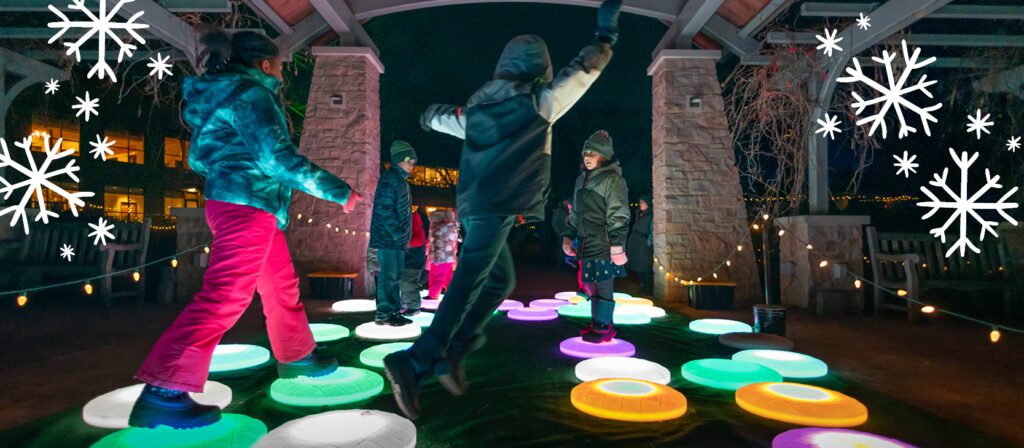If you’re like me, you probably don’t give much mind to bats unless it’s Halloween or you’re talking about a certain superhero. Well, what if I told you bats are our neighbors all winter long? That’s right, Wisconsin has one of the largest populations of cave-hibernating bats in all of the Midwest!
A Winter Hideaway
Wisconsin actually has seven bat species. Three of them are tree bats which means they migrate south to avoid the winter chill, but the other four species of cave bats stick it out in a cozy cave for the colder months. So, each winter the bats move into the Niagara Escarpment.3

The Niagara Escarpment is a bedrock ridge that extends through Wisconsin, arcs up to Ontario, and lands over in the state of New York.1 Because of human activity and prehistoric water flowage, this area boasts plenty of sinkholes, caves, and mineshafts – the perfect vacation home for bats! The four main bat hibernacula in eastern Wisconsin include New Hope Cave in Manitowoc, Ledge View Cave in Chilton, Horseshoe Bay Cave in Egg Harbor, and Neda Mine in Hubbard.3
Bats’ Bad Rap
Now, some of you may not be super stoked to know that we have so many bats hanging around, and I know, they tend to have a bit of a tarnished reputation. However, heathy bats are not aggressive; they want to avoid you as much as you want to avoid them. Furthermore, less than 1% of bats contract rabies in their lifetime. This is actually a much lower rate than other mammals.2
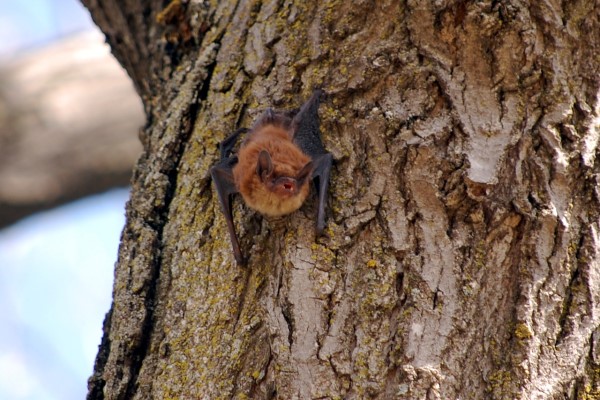
Unfortunately, bats are having a bit of a hard time. In fact, all four cave bats are threatened in the state of Wisconsin. Bats have limited hibernacula and are in close quarters. 85% of Indiana bats winter over in 7 mines and caves in the Midwest. This is bad news when a spreadable disease like white nose syndrome comes around. White nose disease is fungal and spreads rapidly. Sadly, a cave that is infected has just a 10% survival rate, so large swaths of the population can easily be wiped out.
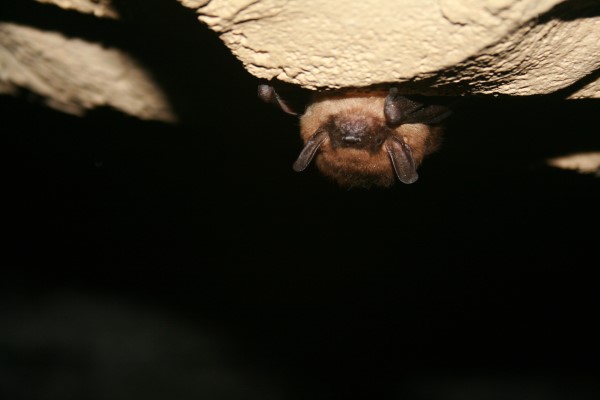
We’re not exactly sure why, but windmills are also a huge threat to bat populations in particular. Scientists believe that they may be disproportionately located in migratory paths, but nonetheless, they kill eight bats per megawatt produced.3
Beastly Bug Eaters
Still, bats are very valuable to us! Bats are the only insectivores in Wisconsin, and one bat can eat hundreds of insects each night. Insects wouldn’t be my preferred snack, so bats are doing us a huge favor by reducing the population of biting insects, pests, and insects that carry agricultural plant diseases. This reduces our need for pesticides commercially and limits the spread of diseases that biting insects carry.3
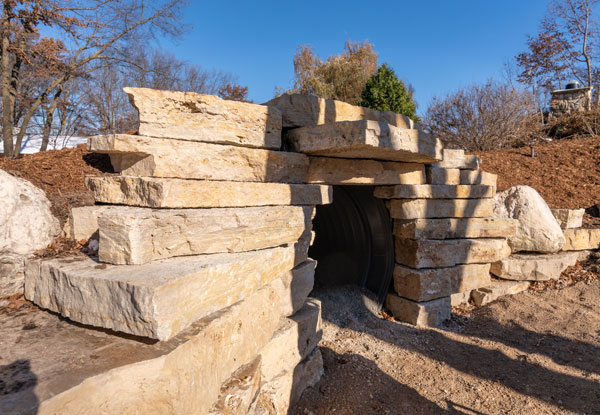
If you want to learn more about the Niagara Escarpment and its critters, there’s a whole blog about it – check it out! You can also stop by the new Schanock Family Hillside Tunnel & Cave Play area in the Carol & Bruce Bell Children’s Garden to better understand the geological story of the Niagara Escarpment and its importance in our community.
Sources
- Anderson, Craig, et al. “The Niagara Escarpment: Inventory Findings 1999-2001 and Considerations for Management, Final Report.” Wisconsin Department of Natural Resources, 1 May 2002, dnr.wi.gov/files/PDF/pubs/er/ER0806.pdf.
- “Are Bats Dangerous? .” U.S. Geological Survey, www.usgs.gov/faqs/are-bats-dangerous. Accessed 17 July 2023.
- Novy, Richard. “Geoscience Wisconsin.” Bats of the Niagara Escarpment in Wisconsin, vol. 22, part 4, 2016.


